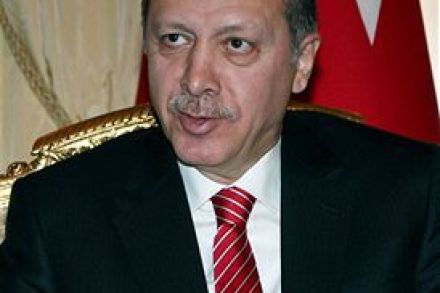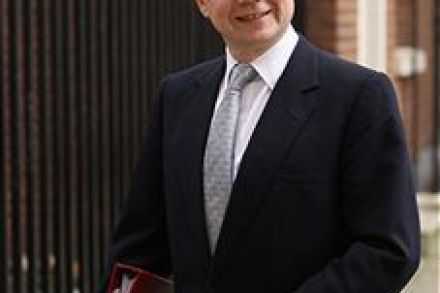Meanwhile, in Libya…
The death of Osama Bin Laden may be a very arresting punctuation mark in the conflict against tyranny — but the conflict continues nevertheless, not least in Libya. The latest news from the country is that the rebels are maintaining their fragile hold on the port town of Misrata, although Western agencies are still struggling to send in aid and relief supplies. “We have seven ICU beds and eleven cases,” is how one hospital worker puts it to Channel 4’s Alex Thomson. “What is Nato doing? What is the world doing? If any more people come here they will die.” In political terms, there has been one significant development today:


















